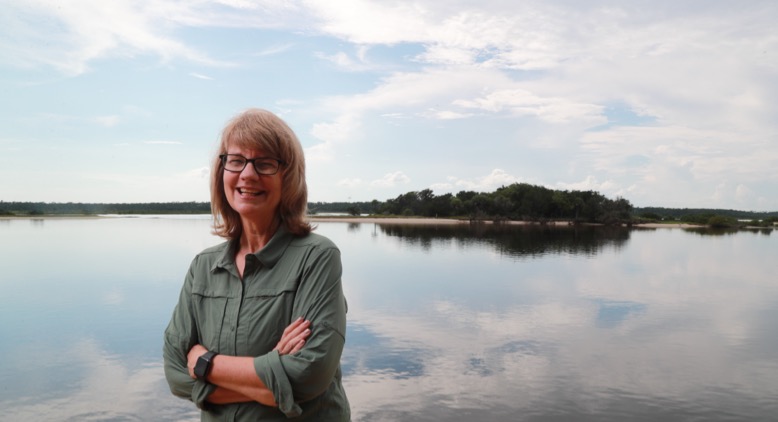The best climate change reporting drives solutions
The best climate change reporting drives solutions
UF News
Welcome to From Florida, a podcast where you’ll learn how minds are connecting, great ideas are colliding and groundbreaking innovations become a reality because of the University of Florida.
Environmental journalist Cynthia Barnett was at the forefront of climate reporting and has seen the field grow exponentially in recent years. A critically acclaimed author and regular op-ed contributor, she now teaches future journalists and lectures widely. In this episode, she explains why doomsday reporting is not the answer. Instead, she recommends a balance of wonder and warning, and options for what can be done. Produced by Nicci Brown, Brooke Adams and James L. Sullivan. Original music by Daniel Townsend, a doctoral candidate in music composition in the College of the Arts.
Nicci Brown: Welcome to From Florida, where we share stories about the people, research and innovations taking place at the University of Florida. I’m your host, Nicci Brown.
Our guest today is, in many ways, a pioneer. Twenty years ago, environmental journalism was a relatively obscure beat. Now, every major news platform is hiring science and environment reporters, and even entire climate teams.
Cynthia Barnett was there at the forefront making the case that this was a portfolio that needed coverage and needed it urgently.
In addition to her contributions as a journalist, Cynthia is the author of four books, including the acclaimed “Rain: A Natural and Cultural History” and most recently, “The Sound of the Sea: Seashells and the Fate of the Oceans.”


